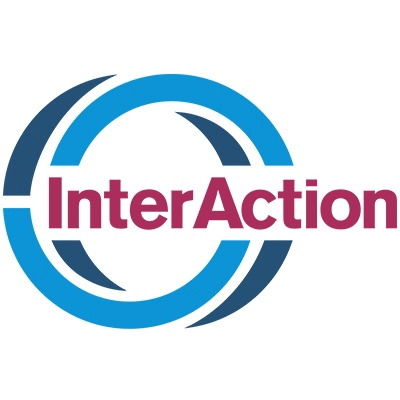Ethiopia
Ethiopia has experienced decades of political turmoil and the impoverished country is now under further stress due to the influx of refugees from South Sudan. Hunger is widespread in Ethiopia— about 13.2 million people live with food insecurity. The effects of climate change are exacerbating this issue as many smallholder and subsistence farmers rely on rain-fed agriculture. Civil unrest and violence has
added to the challenges people in Ethiopia face.
Located in East Africa and bordered by Eritrea, Somalia, Kenya and Sudan, Ethiopia is the oldest independent country in Africa and the world, interrupted only by a weak five-year Italian colonization. The country’s economy is based on agriculture, which accounts for almost 40% of its GDP and a majority of the total employment.
Our Work in Ethiopia
In Africa, The Hunger Project works to build sustainable community-based programs using the Epicenter Strategy. An epicenter is a dynamic center of community mobilization and action, as well as an actual facility built by community members. Through the Epicenter Strategy, typically 5,000-15,000 people are brought together as a cluster of rural villages, giving villages more clout with local government than a single village is likely to have while also increasing a community’s ability to collectively utilize resources. The epicenter building serves as a focal point where the motivation, energies and leadership of the people converge with the resources of local government and non-governmental organizations. Over an eight-year period, an epicenter addresses hunger and poverty and moves along a path toward sustainable self-reliance, at which point it is able to fund its own activities and no longer requires financial investment from The Hunger Project.
The Hunger Project has been working in Ethiopia since 2004 and is currently empowering community partners to end their own hunger and poverty. Through its integrated approach to rural development, the Epicenter Strategy, The Hunger Project is working with community partners to successfully access the basic services needed to lead lives of self-reliance and achieve internationally agreed upon markers of success, such as the Sustainable Development Goals.
Community-Led Forest Rehabilitation
Environmental degradation is a crucial challenge in Ethiopia. Ethiopia loses 2 billion tons of fertile soil due to land degradation each year. The effects of climate change only compound these environmental challenges and make development interventions more difficult. To restore the land, The Hunger Project-Ethiopia and WeForest, launched a collaborative, community-led forest restoration and land rehabilitation program in 2017 to work with community partners to plant 3 million trees.
Additionally, The Hunger Project trained communities in sustainable agricultural practices, from techniques to stop cattle from grazing on the growing forest, to the production and promotion of ecological cooking stoves and bricks, to replacing timber for construction. The dual goal of the reforestation project is to not only rehabilitate and protect the environment but also improve the livelihoods of local communities. Farmers can incorporate trees into their farming practices, adding a second income stream. Land restoration could improve agricultural yields and result in better nutrition and health outcomes for community members.
The Hunger Project
P.O. Box 26238/1000
Addis Ababa
Ethiopia
Phone: +251-116-180-456 or +251-116–180-563
Fax: +251-116-180-823
Team
News
Make change happen. Invest in people.
Mailing address
The Hunger Project
110 West 30th Street, 6th Floor
New York, NY 10001
Get connected
Join the conversation on social, and stay connected with the latest from our partners around the world.
Stay informed
Subscribe to our newsletter to receive updates of latest news and events.
© The Hunger Project | Website by The Good Alliance







